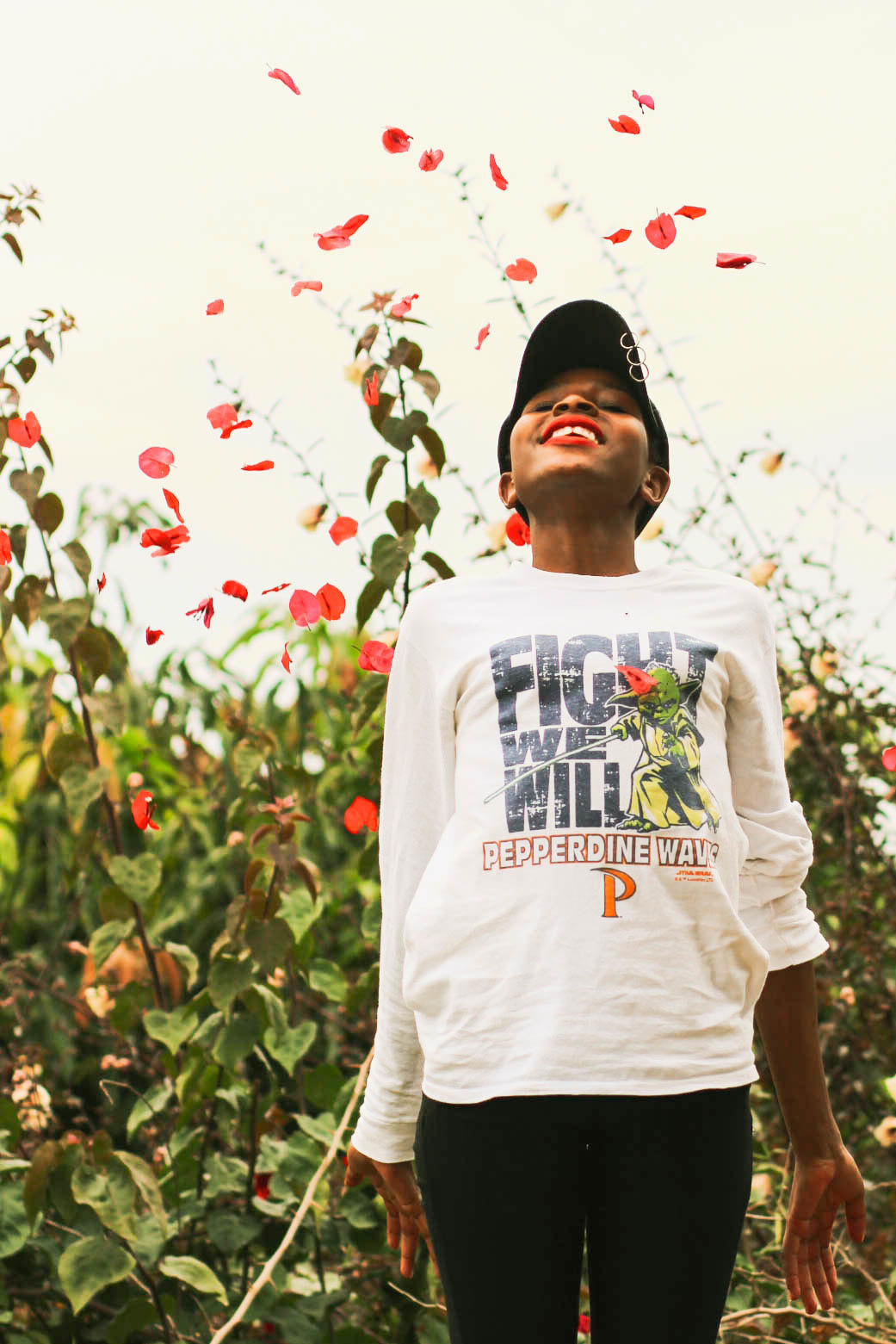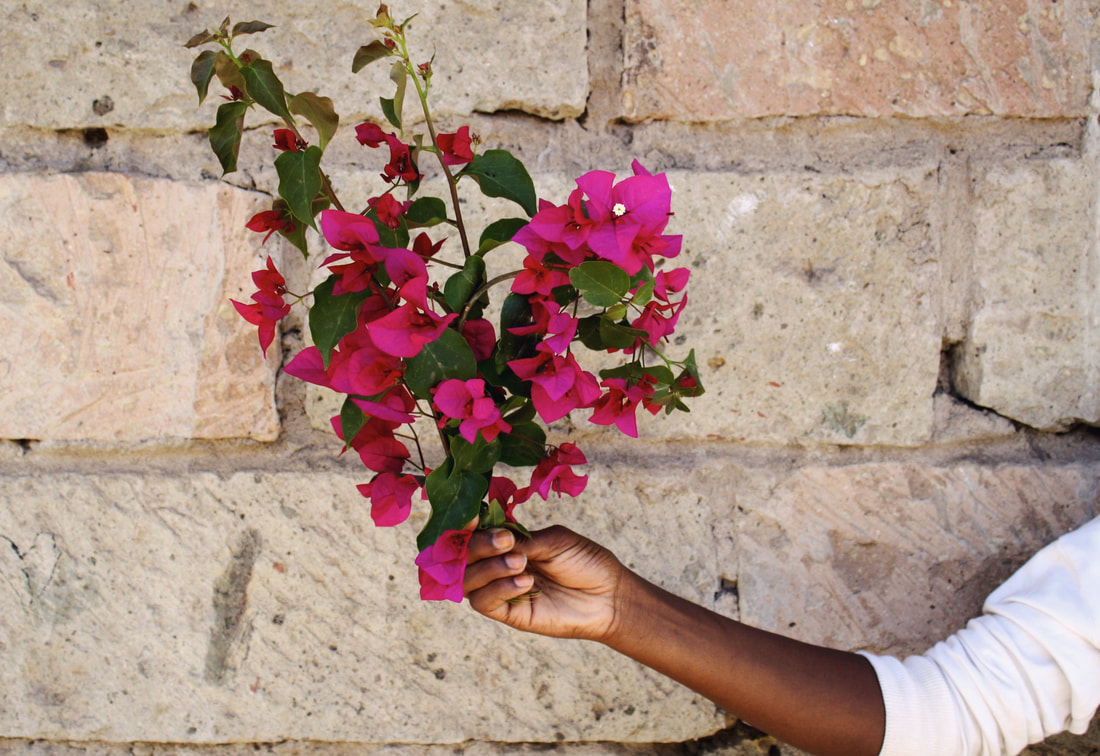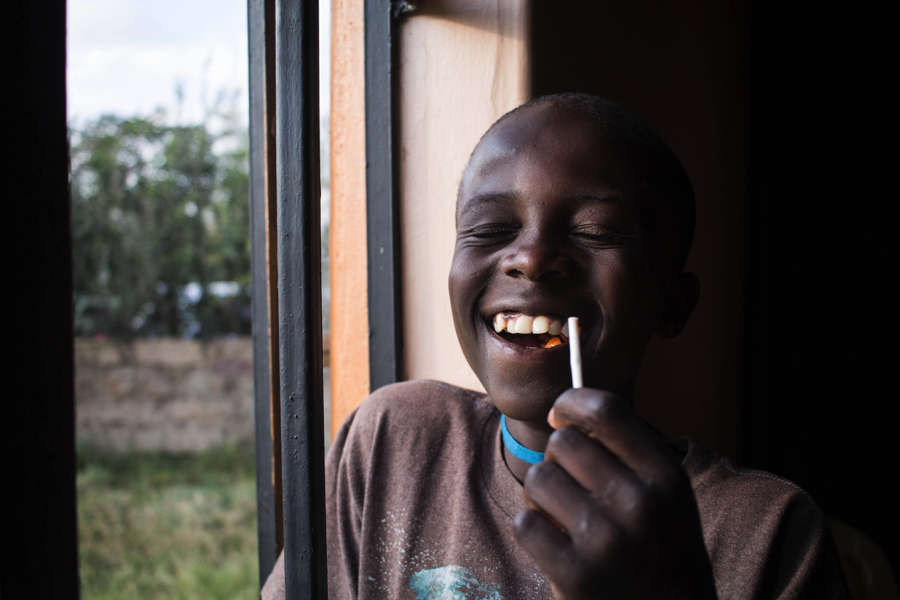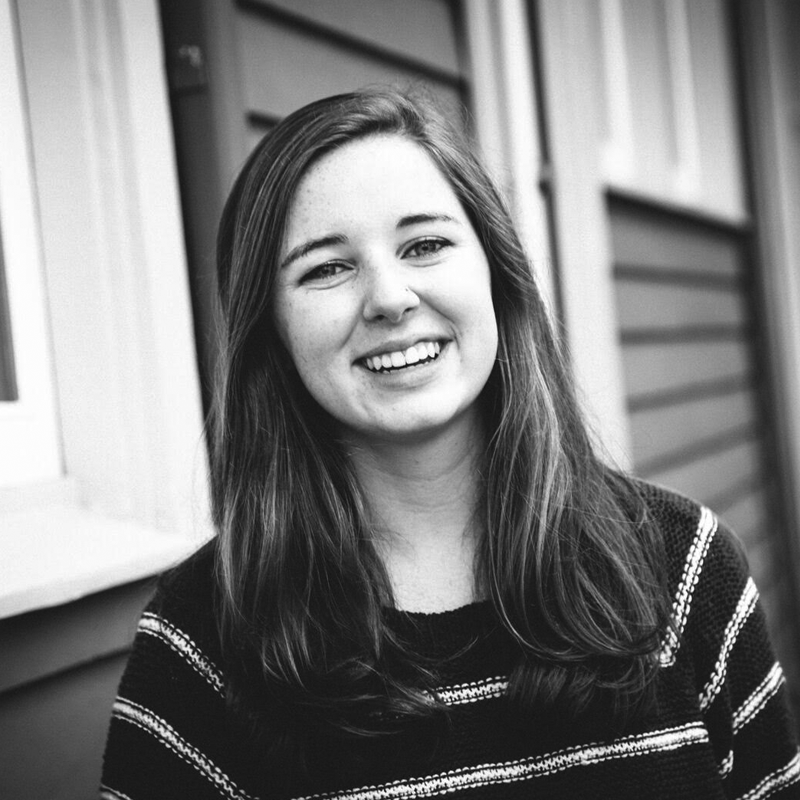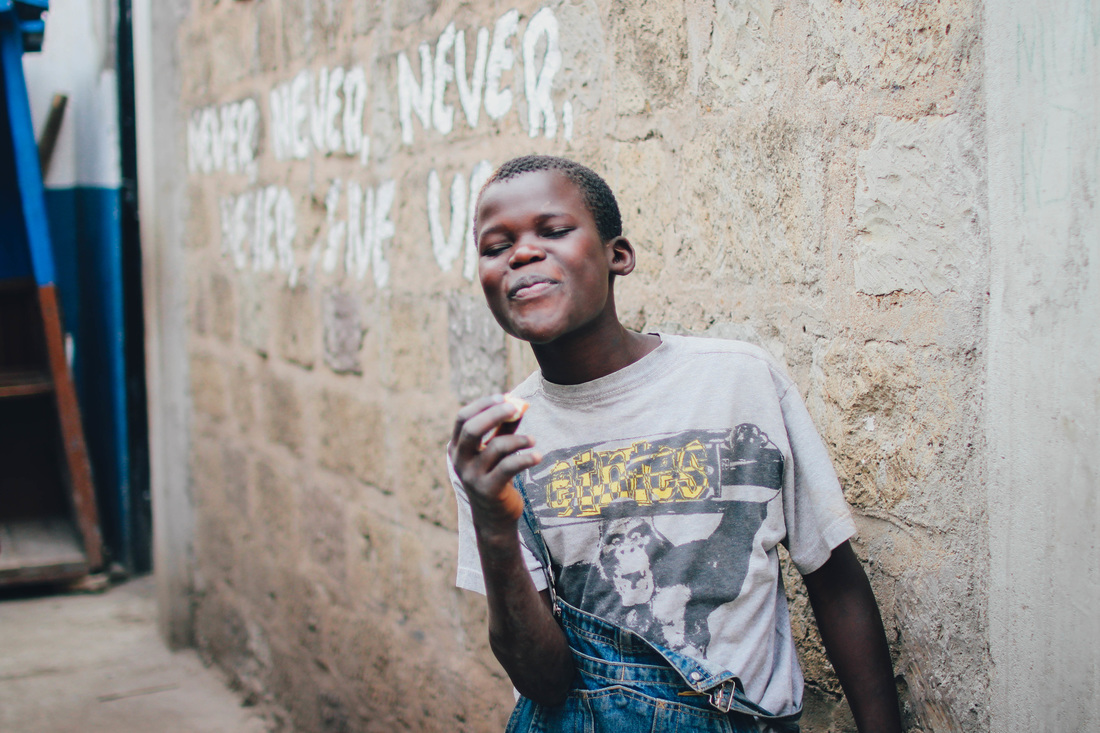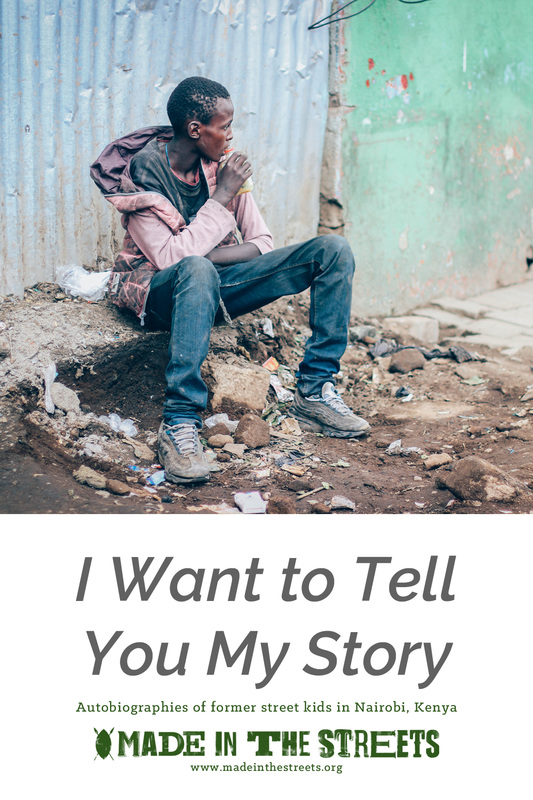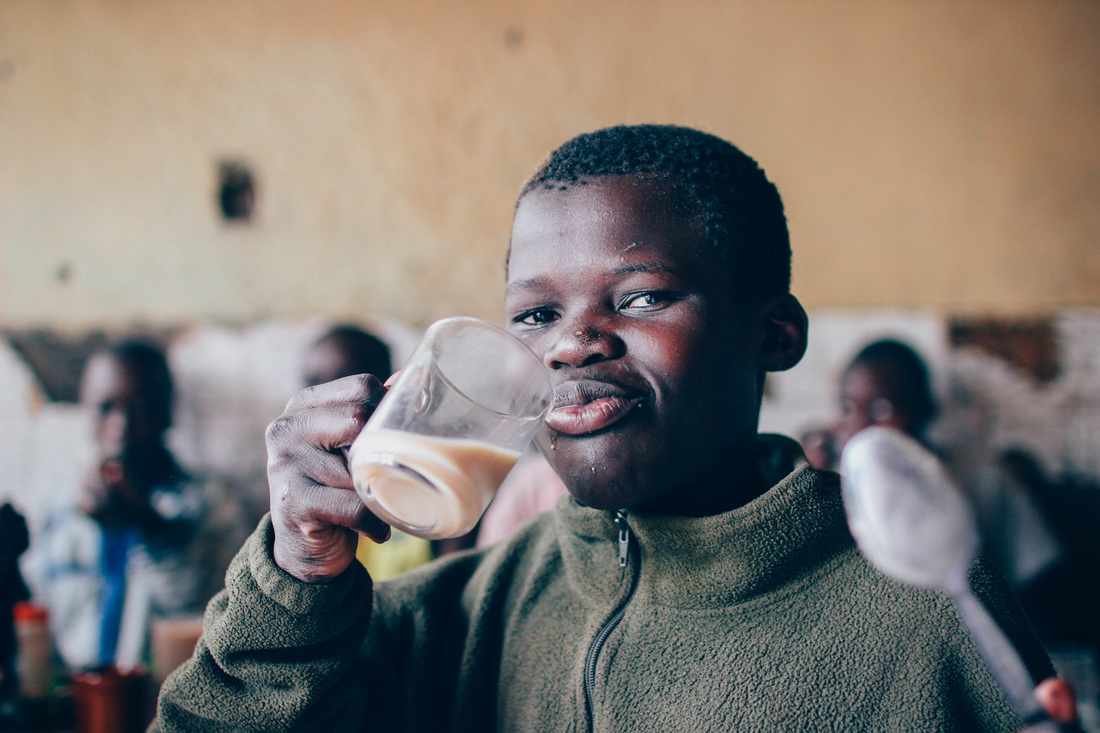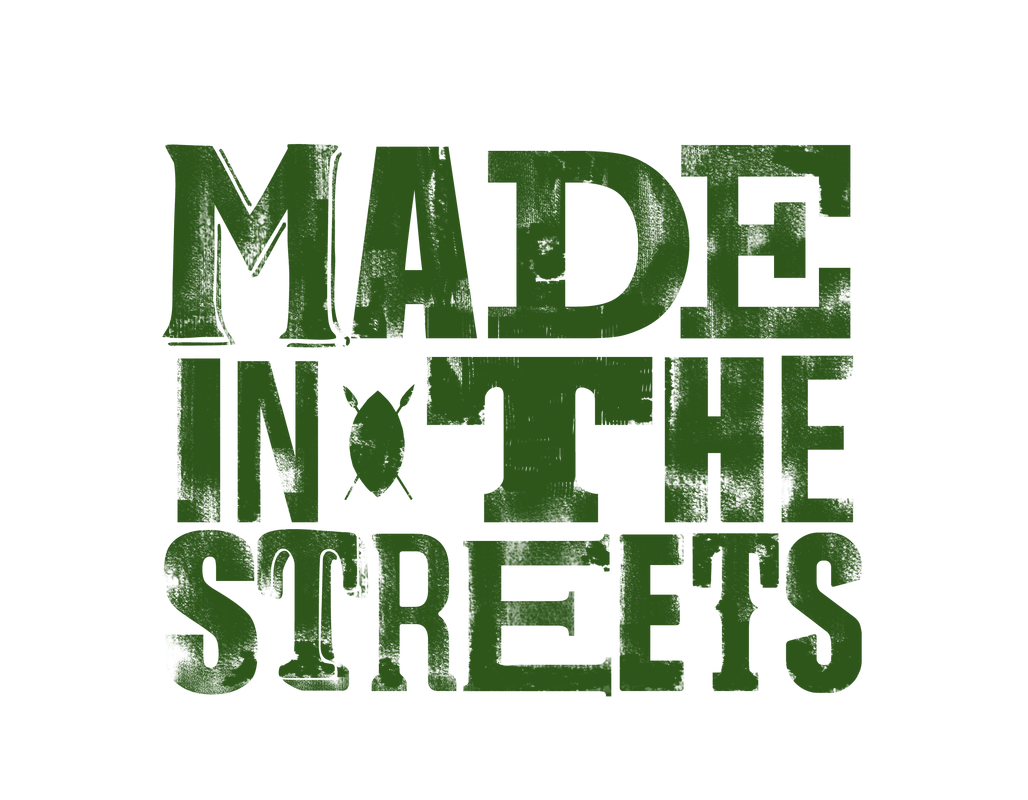|
We asked our students and staff what they're grateful for, and here's what they said.
0 Comments
Foregoing school, foregoing an education, Quinta took to the streets to find money. Her primary begging location took place among the stopped cars of traffic jams, where people would yell at her and say cruel things. But the occasional driver would give her money. Soon, Quinta realized that life on the streets would be better than life at home. Home was where her mother beat her. Home was where her father beat her and threatened abuse when she made him angry. Home wasn’t safe. So Quinta lived on the streets with some other girls who were friends of hers. These kids introduced her to glue. Glue is a common substance used as a drug on the streets. Getting high from the glue, street kids can forget their problems; the cold, their hunger, their discomfort. When I asked Quinta about life on the streets, these are some descriptions that she gave me: “So, then sometimes there is no food in the street. There is no food, and the rain, the rain is coming and you don’t have shoes. You don’t have pullover, you are [alone], and you know when you are in base…you do not know God, and so you are like, this my life…I can survive.” “And then, then if it is night, there is no city council, and the people, if people have a car, a car like a pick up…when they see street child… if you are a girl, they will take you, and they will use your body, or the police, or they will rape you and then throw you in the water.” Sometimes, while living on the streets, well-intending policemen would take the kids to a school. This happened to Quinta during that same year, but she said that even though the police meant well, the school she was taken to was abusive: “But that school, it is not like Made in the Streets. So that school, they will beat you, they will do for you bad things, they will use you like a donkey to do work, they use you, like they beat you, they say “wash this,” “do this,” So Quinta ran back to the streets, where she stayed until, again, she was taken to a new school. This school was different than her last school. This one treated her well and was good to the students. However, because Quinta was so used to life on the streets, she often ran away to get back to her old life. “I run. Because that life of street is in me, it is in my blood. This went on for awhile. Quinta would run to the streets, they would bring her back, and she would run again. Eventually they brought her back to her mother, telling her that she had lost her chance to stay at the school.
Quinta ran from home again, this time joining a new base on the streets called Central Pack. Central Pack made her stand on the streets to beg and give whatever she gathered to the other base members. It was around this time that Quinta met the woman that would change her life forever. This womans’ name was Linda Ntinyari. Linda is a dorm mom in the girls place at MITS, but she also works in Eastleigh during the day with the street ministry team. Quinta met Linda, who gave her food, encouraged her, and asked her if she wanted to learn and get an education. Initially, Quinta refused. There were other girls in her base that saw her example and refused as well. Some time passed, and then Quinta changed her mind. She decided that she would go to MITS and learn. That she would stop using glue. That she would make a future for herself. So next time she saw Linda, she agreed to attend Made in the Streets. When she arrived, she not only found a new family among the students and teachers, but through a few MITS connections she found her birth father, whom she had never met. Unlike her step-father, he was a kind and loving man. Quinta was able to stay with him and get to know him for a few weeks before starting school, and she realized that she wanted to come back to MITS, study hard, and work to help provide for him. This is Quinta, and she has big dreams. Although her life at home and on the streets came with unimaginable hardships, she isn’t letting her past define her. Today, she can be found studying hard in her classes, making friends with the other students, using her story for God’s glory, and eating her new favorite snack—marshmallows. To learn more about how you can support and sponsor a MITS student like Quinta, click here. I have diligently begun each day physically with open hands, not gripping, clenching, or holding onto anything; wide open palms asking the Lord to teach me something new. Recently I’m learning that healing comes through divine faith.
Valentine's Day was celebrated this year at the Learning Center with a few students passing out bougainvillea petals, others exchanging notes of admiration, and even more students simply meandering about telling one another why they love and are grateful for each other. What a gift! That evening, I was blessed to introduce and share Galentine’s Day with a couple of the girlies! Galentine’s Day is a day to celebrate with the girls and women in our lives whom we love, value, respect, and treasure so deeply. It was such a precious evening spent giggling and sharing stories. About half way through feasting on pb&j sandwiches, mangos, and chocolates, one of my sweet students abruptly (and quite out of the blue) announced that Jesus has saved her from sexual abuse on three separate accounts. Immediately, silence fell within this little cottage where we ate. Before questions could even be raised, she unexpectedly jumped into a series of stories of how her Savior has in fact “rescued her from rape.” As she was spilling her heart out to us, the only thing I could think was: How could you let this happen, God? Why would you let this happen? As soon as she was through giving the depths and details of each incident, she quickly looked up, smiled at me, and said, “He saved me. He is good.” Still speechless, the only thought I had now was: Miracles do happen. She is brave. Although, I know there is still much healing to be had, I also know that her strength is immense and our God is bigger than this pain. I met Lucky in my first week of 13 in Kenya. He was the kid in my scavenger hunt group wearing a shirt 3 times too big for his body with a Jamaican rapper plastered on the front. He was the kid who helped me find my keys when I lost them at the soccer field, and then proceeded to joke that he wasn’t going to give them back. He was the subject of countless photos in my first few days here. I remember my dad telling me I could write a good story about a kid named Lucky. Though I certainly have not written nearly as much as I planned to this summer, I like to think that my photos can tell a good story on their own (with a few words here and there to elaborate). Lucky is a young kid and his size shows it. It is hard for me to picture him living on the streets when he is still small enough to carry in my arms and young enough to not be embarrassed by holding my hand in public. He gets hurt easily and tends to express his emotions outwardly, sometimes through anger and sometimes through tears. When he does this I am reminded of his broken past and the hardships he has faced at such a young age. The picture above, however, tells the other side of Lucky’s story. While the harder aspects of his life are ever-present, his childlike spirit shines brighter. His smile radiates love and joy and is always there to greet you when you see him. His sense of humor is that of a kid, meaning he loves to sneak up on you and play tricks and giggles nonstop when you mess with him back. He’s mischievous and loving and fun to be around. He’s the kind of kid that brings his Bible to church even though he can’t read yet, lovingly holds and takes care of a starving kitten, and jumps on a bus to give you a hug even though you’ve only been gone for a few days. He’s the kind of kid that brings his Bible to church even though he can’t read yet. For many of the kids here, the streets have robbed much of their childhood and it would be easy to think that this would dampen their spirits. I have been privileged enough to see the way this assumption is proven wrong every day at MITS. Lucky’s youth shines through in every moment of every day. I am moved and inspired when I think of the way coming to MITS has given Lucky a second chance at just being a kid, with all the wonder and ups and downs that that brings. Lucky’s story is just like every other student’s here, too. They have all faced the world in a way no kid should ever have to, but they have come out on the other side. While they still have many challenges to face and a whole rollercoaster of a lifetime ahead of them, they have proven they are resilient in the face of hardships and have the strength to keep up hope and wonder when it seems like there should be no more. They are, simply put, incredible and I am lucky (wink wink) to have had the chance to learn from them and love on them all summer.
Tobias Otieno Recorded December 2015 My name is Tobias Otieno. I am thirteen years old. I was born in Kisumu. My father is a casual laborer. His name is Dan Taabu. My mother, Peris Aketch, sells chips and samosas by the roadside. I have two sisters and two brothers. My life as a child was good. I went to Ziraguni Primary School up to class six. In 2013, one of my classmates named Rogers fell ill at school and I offered to take him back home. But when I came back to class, my teacher called me up front of class and told me that I had broken a rule. He beat me in front of my classmates and sent me home. I was so embarrassed because my good intentions were mistaken for disobedience. The class teacher told me to bring my mother to the head teacher’s office. I was afraid of the head teacher because he was very fierce. I decided to hide. For two days I pretended to walk to school only to come back and hide near our home. But the second day, my classmates told my mother I was not in school. The next day, my mother took me to the deputy head teacher. He beat me in front of my mother. Afterward, they said I would go to the headmaster. I knew that meant another beating. So I ran all the way home, changed into home clothes, and I walked to Kisumu town where I could hide. The people in Kisumu town were very kind; some bought me some food and drink. I spent nights in alleys and no one mistreated me. But I was getting lonely. One day as I was walking around, my brother found me and convinced me to come home. But that evening, they beat me so that I would never leave again. The next day they were going to take me to school. I put on my uniform, but then I told them I had to go out to the toilet. I ran away again, back to Kisumu but to a different part. There I found some boys who liked me. They took me to an orphanage called Ovic. After a month, some of the boys in the orphanage started talking about running away to Nairobi. I liked that idea. I figured that would take me far away from my family. We planned how to hide by hanging on the underside of a passenger bus. It was challenge because we could not risk sleeping. We had to hold onto the bars tightly until the trip ended. Lucky for us, the bus had several stops, so we could turn loose of the bars for a short time and rest. When we got to Nakuru, we saw police checking the bus. I was scared that they would arrest us. I ran and hid in a ditch. I heard the policemen talking to my friends, but I stayed hidden with my cousin and a friend. Unfortunately, it started raining. The rain was heavy and I was very cold. I started shivering. The bus had left, so we started walking toward Nairobi. On the way a kind person gave us some tea and mandazi (like donuts). This made me feel warm. My friend was very good at begging. He would pretend to be mute; it was easy for him to convince people to give him money. We walked for a long time down the highway. We stopped at every town to beg and to rest. For a week, we walked around hills. I did not see any progress and at the back of my mind I thought we were stuck in the same place. I started doubting my friend. Then I saw a big town ahead. We headed to a shopping Centre. One of the women there came to us and talked to us in Luo, my tribal language. She gave us some food and asked us where we were going. My friend told her that we were going to our uncle in Nairobi because our parents had a fight and left us. She was very worried about us being alone. She volunteered to go with us and paid for our fare. I was so excited when we got to Nairobi, but the lady did not let us explore the city. She asked Marcos where were going. Marcos told her that we were going to Mathare. She got another bus for us. When we got there, Marcos led us through the congested pathways of Mathare. He was walking very fast. Marcos told me that he was lying to the lady and that he did not know anyone in Mathare. Before long, Marcos disappeared. Now it was just the lady and me. She was upset and angry because we had lied. She left me. Now I was alone.
|
When you do this for 27 years, you're bound to pick up a few stories and lessons along the way. Thoughts, impressions, news, and highlights from our staff, visitors, donors, students and alumni.
Archives
March 2024
Categories
All
have you
|
MADE IN THE STREETS is a 501(c)3 nonprofit organization. Federal Tax ID #20-4044723
409 Franklin Road | Brentwood, TN 37027 | ©2023 MADE IN THE STREETS | site by cecily | PRIVACY POLICY
409 Franklin Road | Brentwood, TN 37027 | ©2023 MADE IN THE STREETS | site by cecily | PRIVACY POLICY

